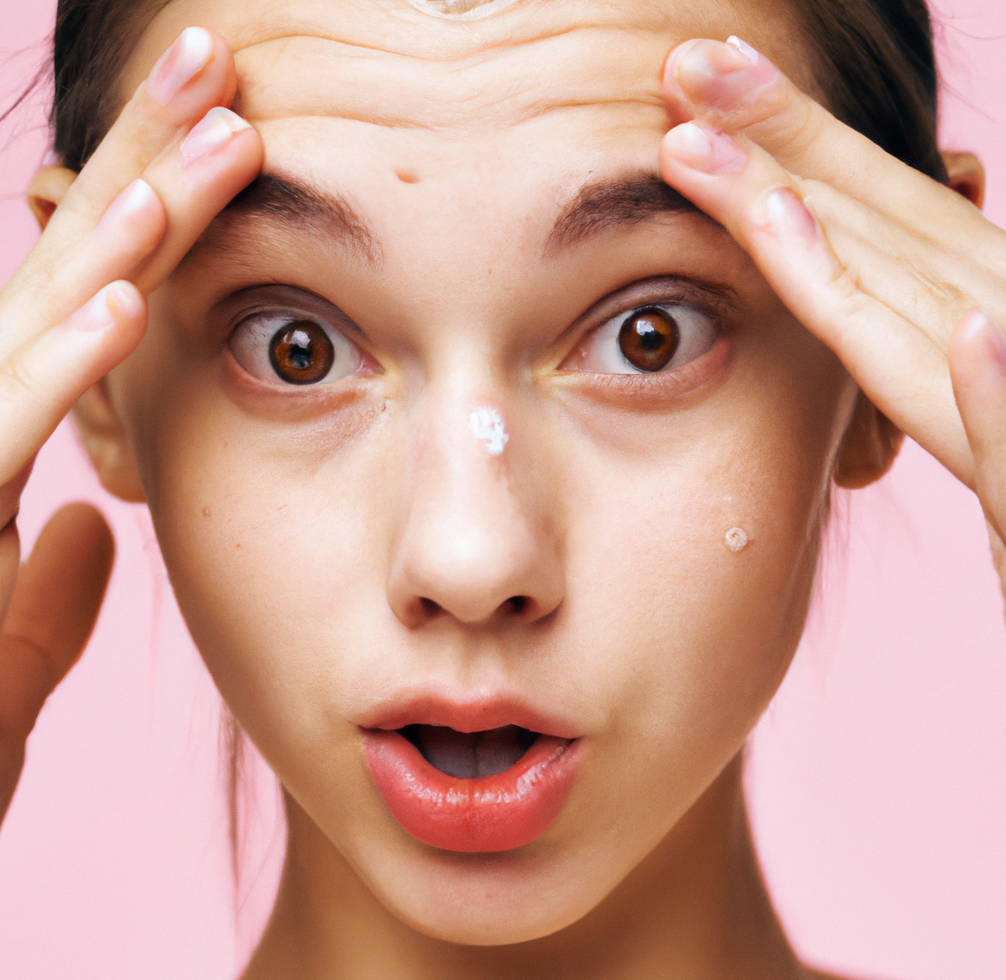An exploration of acne, encompassing its triggers, various types, and available treatments. Understanding these aspects will empower you to take control of your acne and make informed decisions about its management.
Triggers:
Acne can be influenced by several triggers, which vary from person to person. Common triggers include hormonal fluctuations, excessive sebum production, bacterial colonization, inflammation, and clogged pores. Environmental factors, such as pollution and certain skincare products, may also contribute to acne development. Recognizing your individual triggers can help you adopt preventive measures and minimize the occurrence of acne breakouts.
Types of acne:
Acne manifests in different forms, each requiring a tailored approach to treatment. The main types of acne include:
a. Comedones: These non-inflammatory lesions appear as whiteheads (closed comedones) or blackheads (open comedones) due to clogged hair follicles.
b. Inflammatory acne: This includes papules (small red bumps), pustules (pus-filled lesions), and nodules (larger, painful, solid lumps beneath the skin).
c. Cystic acne: Deep, inflamed, and often painful nodules or cysts that can cause scarring. This severe form of acne requires professional attention.
Understanding the type and severity of your acne is essential for devising an effective treatment plan.
Treatments:
Numerous treatments are available to combat acne, tailored to address its triggers and specific types. These include:
a. Topical treatments: Over-the-counter or prescription topical products containing ingredients like benzoyl peroxide, salicylic acid, retinoids, or antibiotics can help reduce acne-causing bacteria, unclog pores, and control inflammation.
b. Oral medications: In cases of moderate to severe acne, oral medications like antibiotics, hormonal contraceptives, or isotretinoin (commonly known as Accutane) may be prescribed by a dermatologist. These medications target underlying causes of acne and can yield significant improvements.
c. Procedures: Dermatological procedures such as chemical peels, microdermabrasion, or light-based therapies (e.g., IPL or laser) can help improve acne by exfoliating the skin, reducing oil production, and killing bacteria. These procedures are typically performed by trained professionals.
d. Lifestyle modifications: Adopting a healthy skincare routine, avoiding pore-clogging products, practicing good hygiene, and managing stress can complement other treatments and promote clearer skin.
Remember, the effectiveness of treatments may vary depending on the individual, and it is advisable to consult with a dermatologist for a personalized treatment plan. They can assess your specific acne triggers, evaluate your skin type, and recommend the most suitable treatments for you.
By comprehending acne triggers, identifying the types of acne you experience, and exploring the available treatment options, you can take proactive steps towards achieving clearer, healthier skin. Embrace optimism as you embark on your acne journey, knowing that with the right knowledge and treatment approach, you can effectively manage and overcome acne-related challenges.


